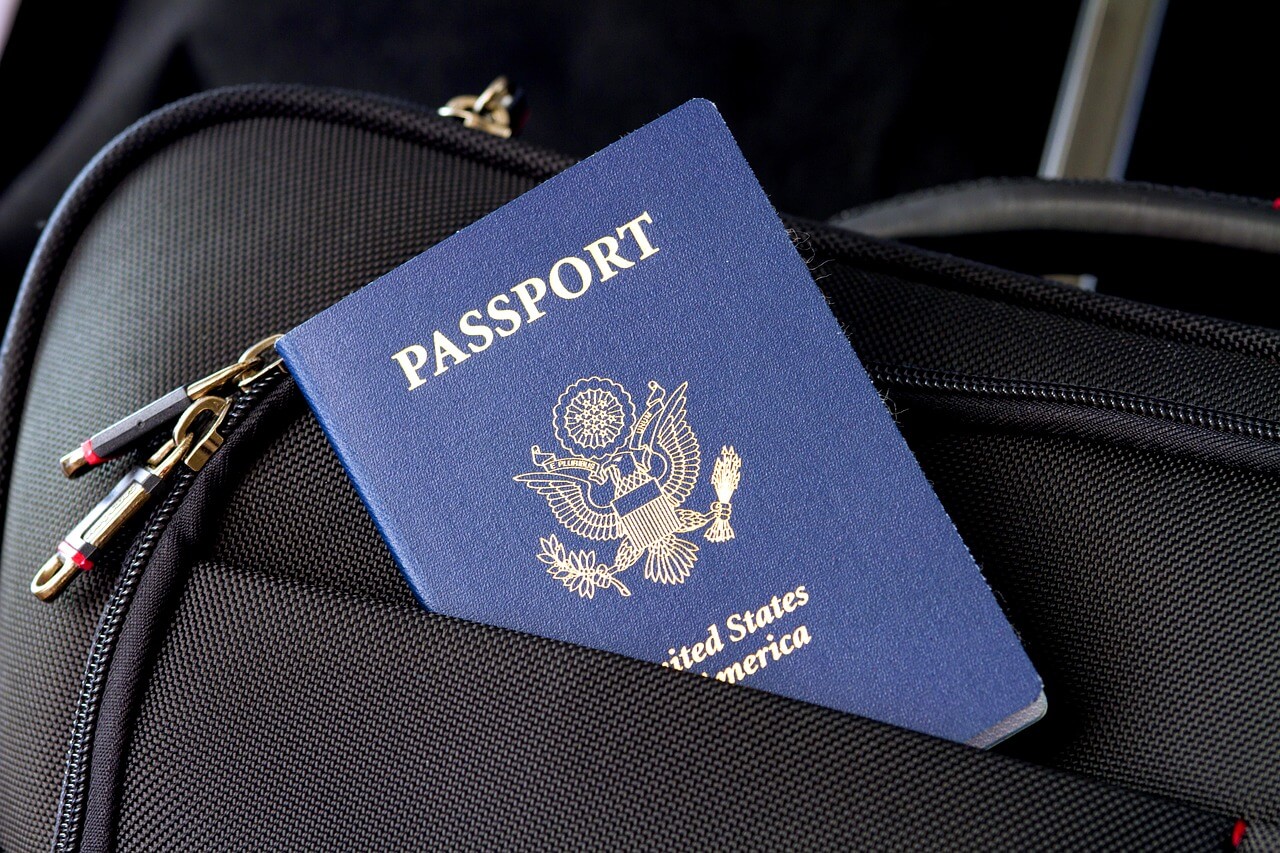Attending a university might be expensive, and with new-found independence, it’s easy not to know how to budget and develop an impulsive buying habit. Still, costs can be manageable if you plan ahead with some of these money-saving tips for students.
Saving money while in college can even lead to smart purchase choices and make you discerning and value-driven in the future. There’s nothing wrong with living within your means, and having spending savvy will help you explore the world and have fun without spending a fortune!
1. Leverage Student Discounts

Being a student means that you’ll enjoy lots of perks and exclusive discounts, so make sure to have your student ID with you at all times. While the amount might not seem big at first, it adds up to a substantial number by the end of the year.
Some places where you can receive a student discount range from movie theaters, shopping centers, restaurants to insurance providers, and even tech companies such as Apple. If you search carefully, you can find plane tickets that are cheaper and can have a discount here and there.
Bay Atlantic University has adopted The U-Pass program, allowing unlimited access to metro rails and metro buses for $1 per day throughout the semester for full-time BAU students.
2. Opt for Used Textbooks
A way to reduce the upfront expenses and get cash back later is to purchase and resell used books when you no longer need them. You’re more likely to resell it if the textbook is standard or required every year or every semester.
If you can’t find books from fellow students, there are sites online where you can even compare prices. If you rent or purchase a used book, find out from your teacher if an older edition is tolerable. Sometimes old versions might not include everything needed for your course.
3. Find Part-Time Work

If you are an international student on an F1 Visa, you cannot work off-campus during the first academic year. Still, you may work on-campus, obedient to certain limitations and restrictions. Keep in mind that there are hour restrictions (20 hours per week) as not to jeopardize your student visa status. During breaks, students can work full-time for up to 40 hours a week.
Working is a great way to earn extra money and meet new friends. Another plus is that you don’t have to waste time or money traveling to and from your job site.
4. Avoid Non-essential Expenses
It’s a good idea to get into the habit of avoiding impulse purchases. Buying items on impulse can hurt your budget and your ability to save money. In the long haul, you’ll be glad you learned how to save your money instead of spending it on a whim.
Another tip that can be effective is to be careful with subscriptions that you don’t need. Whether it is your phone plan or Netflix subscription, consider getting the most cost-effective plan that meets your needs.
5. Consider Meal Plans

Late-night food delivery and socializing with friends by eating out regularly may seem fun and like the easiest option. Apart from being expensive and not nutritious, it can also lead to increased fatigue and susceptibility to illness. Planning meals can help you save time and money.
Plan your meals down to the very last ingredient; that way, you’ll know exactly what you need to buy, how much you’ll need to spend, and you’ll be way less likely to waste anything. Consider your schedule as you plan, and select a mix of effortless recipes. Choose recipes that share ingredients so that you can buy in bulk to save cash.
Moreover, you can also purchase natural chewing gum that biodegrades, which is cheap, and has also shown to have a positive effect in memorization.
6. Shop Second-Hand & Sell
For college students who want to stick true to their style while not breaking the bank, second-hand stores are a great resource. Before shopping, it is important to have a game plan if you want to stay on a budget. Go into stores with an idea of what you want to buy and how much you want to spend. Thrift shopping is a fun activity to do with friends, and bargain shopping ensures that any piece you find is a one-of-a-kind item.
✅ Request information on BAU's programs TODAY!
If you sell second-hand items at a lower price or get rid of things you do not want in exchange for money, then you will save money and have an environmentally sustainable lifestyle. Many students also use online networks to let other students know when they are selling or giving away free things.
7. Keeping Track of Your Finances

And finally, and most importantly, make a budget and keep track of it. If you keep track of what’s coming in and going out, it will make you focus on the cost of your purchases, and you’ll automatically start saving money. When you have an idea of all your essential expenses, you can realize how much money there’s left to save or treat yourself once in a while!
Use an Excel sheet to document how much money you have available per month on average. Write down your monthly bills such as your monthly apartment fee, regular travel costs, fixed internet, and mobile phone bills. Food expenses may vary; still, you can write down the average daily.
You might have to make sacrifices when you are a student, especially when it comes to money. However, this is all part of the experience and maybe, in the long run, will contribute to making you responsible and profitable in the future.










